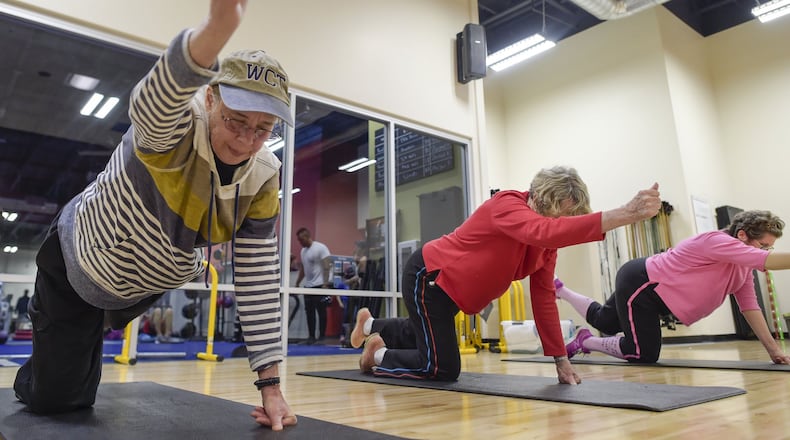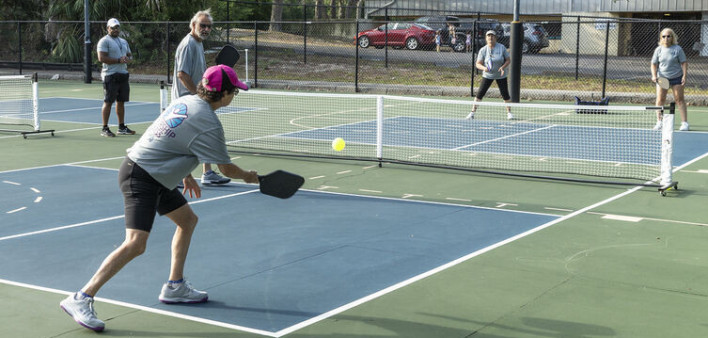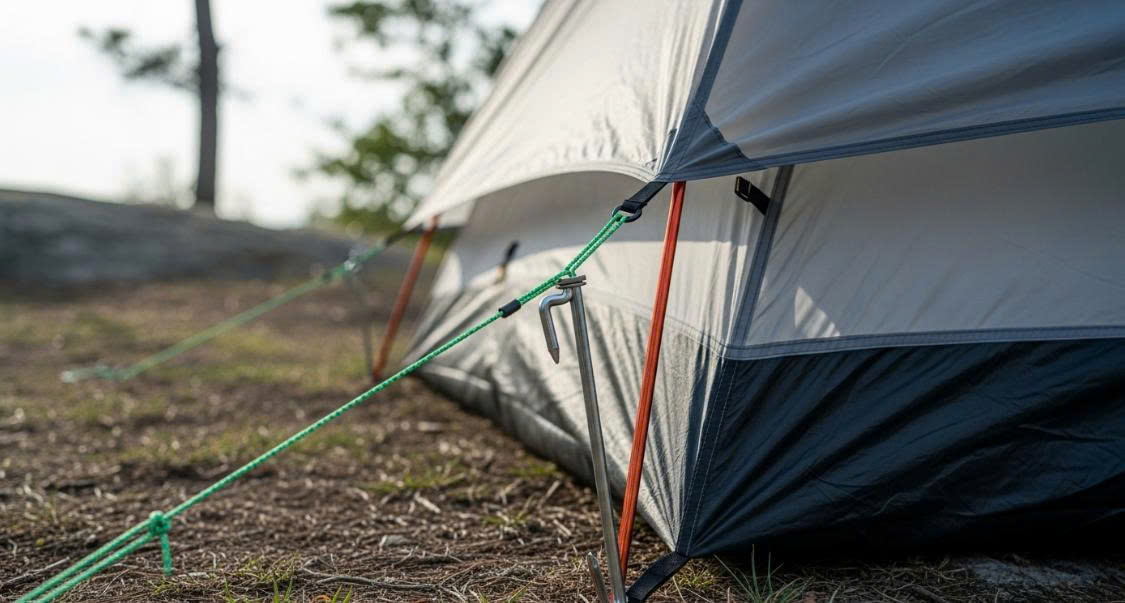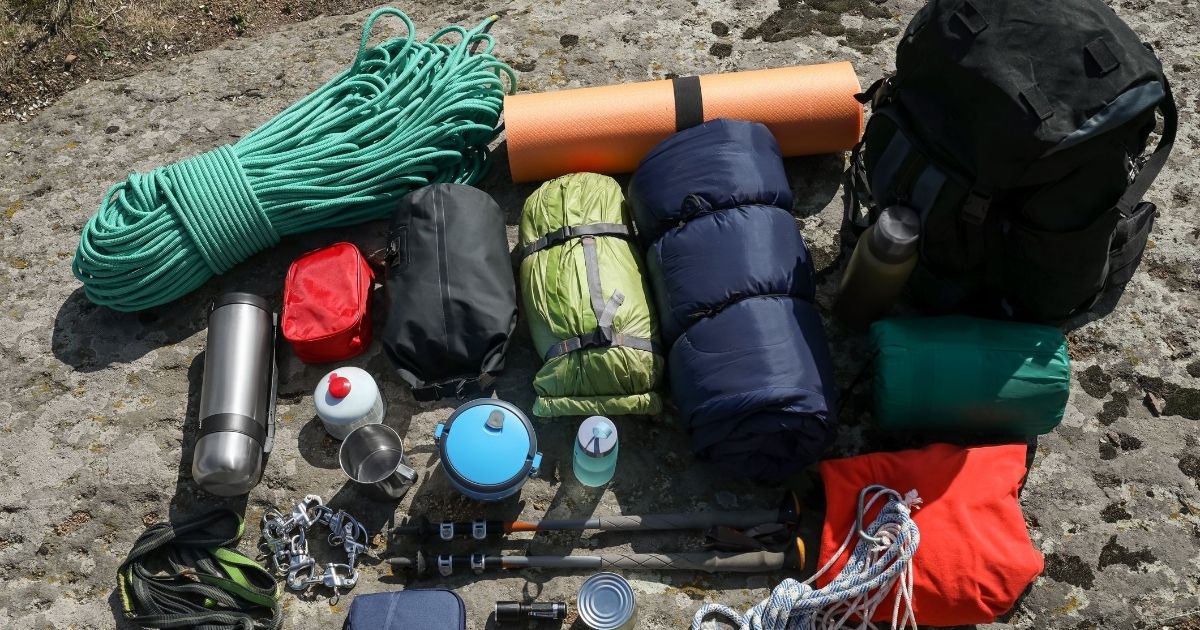When faced with a cancer diagnosis, one of the first lifestyle questions people ask is whether it’s safe to stay active. Specifically, patients often wonder: Can you play sports with colon cancer? The short answer is yes, but with the right precautions, guidance, and personalized adjustments. Physical activity can provide numerous benefits, from boosting energy and managing treatment side effects to improving long-term health outcomes.
In this article, we will explore the relationship between colon cancer, exercise, and sports, offering insight into safe practices, expert recommendations, and how staying active can even play a role in cancer prevention. Whether you are newly diagnosed, undergoing treatment, or in recovery, this comprehensive guide will provide clarity on how to maintain a physically active lifestyle with colon cancer.
Can You Play Sports While Having Cancer?

The idea of playing sports while dealing with a cancer diagnosis may sound overwhelming at first. Fatigue, pain, or emotional stress can make physical activity feel impossible. However, research consistently shows that exercise is not only safe but also highly beneficial for cancer patients.
For colon cancer patients, sports and exercise help in several ways:
- Reducing treatment side effects such as nausea, constipation, and fatigue.
- Improving cardiovascular and muscular strength, which supports overall resilience.
- Boosting mental health, reducing anxiety and depression often associated with cancer diagnoses.
- Enhancing quality of life by keeping patients active and socially engaged.
That said, the type and intensity of physical activity matter greatly. Not all sports are suitable for every patient, especially during active treatment. Consulting with an oncologist and a physical therapist is essential before starting or continuing any sports routine.
The Role of Exercise in Colon Cancer Care
Exercise has a unique impact on colon cancer patients. Scientific studies suggest that physical activity may:
-
Improve survival rates – Research indicates that colon cancer patients who engage in regular exercise have a lower risk of recurrence and improved overall survival compared to those who remain sedentary.
-
Support digestive health – Moderate exercise helps stimulate bowel movements, which can ease common gastrointestinal symptoms.
-
Maintain a healthy weight – Excess weight is linked to higher risks of colon cancer recurrence.
-
Strengthen the immune system – Physical activity can enhance immune response, making it easier for the body to fight infections and recover from treatments.
Clearly, playing sports or staying active is not just a possibility, but a recommended strategy for improving patient outcomes.
What Is the Best Exercise for Cancer Patients?

When it comes to what exercise is best for colon cancer patients, the answer depends on a person’s health status, stage of treatment, and physical ability. Below are some of the most recommended types of exercise:
1. Walking
- Simple, low-impact, and accessible.
- Can be done daily for 20–30 minutes.
- Improves digestion and cardiovascular health.
2. Swimming or Water Aerobics
- Gentle on joints.
- Provides a full-body workout without strain.
- Excellent for regaining strength after surgery or chemotherapy.
3. Yoga and Stretching
- Helps manage stress and improve flexibility.
- Reduces muscle tension from prolonged sitting or treatment side effects.
- Promotes relaxation and better sleep.
4. Cycling
- Suitable for patients with good energy levels.
- Boosts cardiovascular endurance.
- Can be done outdoors or on a stationary bike.
5. Strength Training (Light Weights or Resistance Bands)
- Prevents muscle loss caused by cancer treatments.
- Supports bone health and stability.
- Should start with low resistance and gradually increase.
The best exercise program for cancer patients is a balanced mix of aerobic, strength, and flexibility training, customized to fit energy levels and treatment schedules.
Can Exercise Prevent Colon Cancer?
One of the most common questions is: Can exercise prevent colon cancer in the first place? While no single activity can guarantee prevention, evidence strongly suggests that regular physical activity lowers the risk of developing colon cancer.
Here’s how:
- Regulates hormone levels that influence cancer growth.
- Reduces inflammation in the digestive tract.
- Promotes a healthy gut microbiome linked to lower cancer risk.
- Supports weight management, since obesity is a major risk factor.
In fact, the American Cancer Society recommends at least 150 minutes of moderate-intensity exercise per week for prevention. For those with a family history of colon polyps or cancer, sports and exercise can be a crucial part of a prevention plan.
Playing Sports During Colon Cancer Treatment
Playing sports while undergoing colon cancer treatment requires balance. Chemotherapy, radiation, or surgery can cause fatigue, weakness, and immune suppression, making high-intensity sports challenging.
Tips for Staying Active During Treatment:
- Listen to your body: Avoid pushing through severe fatigue or pain.
- Start small: Even 10-minute walks make a difference.
- Avoid contact sports: Sports like football, rugby, or martial arts may increase the risk of injury and infection.
- Stay hydrated and nourished: Proper nutrition fuels energy for exercise.
- Rest as needed: Rest days are as important as active days.
Some patients may experience temporary limitations, but staying active—even at a light level—helps preserve long-term health.
Playing Sports After Colon Cancer Surgery
Post-surgery recovery can take weeks to months, depending on the procedure. Playing sports too soon may interfere with healing. Here’s what to consider:
- Initial Phase (0–6 weeks): Focus on light walking and breathing exercises.
- Intermediate Phase (6–12 weeks): Introduce gentle yoga, stationary cycling, or light strength training.
- Advanced Phase (12+ weeks): Gradually resume low-impact sports like swimming, golf, or doubles tennis.
Always follow your surgeon’s clearance before returning to sports. Core-strengthening exercises are particularly important after colon surgery to restore abdominal stability.
The Psychological Benefits of Playing Sports with Colon Cancer

Beyond the physical advantages, playing sports has profound psychological benefits for cancer patients:
- Reduces anxiety and depression associated with diagnosis.
- Improves body image and self-confidence, especially after surgery.
- Strengthens social bonds by engaging in group sports or community fitness activities.
- Provides a sense of normalcy in a time of uncertainty.
This mental boost can enhance overall well-being and motivate patients to stay committed to treatment.
Risks and Precautions When Playing Sports with Colon Cancer
While exercise is beneficial, it’s essential to acknowledge potential risks:
- Immune suppression: During chemotherapy, patients may be more vulnerable to infections in public gyms or pools.
- Bleeding or bruising: Blood counts may drop, increasing risk of injury.
- Ostomy care: Patients with a colostomy may need to wear supportive gear during physical activity.
- Overexertion: Excessive fatigue can delay healing and lower immunity.
Precautionary Steps:
-
Consult your oncologist before starting sports or exercise.
-
Choose low-impact activities during active treatment.
-
Wear proper protective equipment if engaging in moderate sports.
-
Monitor symptoms such as shortness of breath, dizziness, or abdominal pain.
Expert Advice: Building a Safe Sports Routine with Colon Cancer
Healthcare professionals often recommend an individualized sports plan. This may include:
- A physical therapist to design safe, tailored routines.
- A nutritionist to balance diet with exercise needs.
- A psychologist to address motivation and emotional well-being.
Together, this care team can help patients maximize the benefits of sports while minimizing risks.
Conclusion
So, can you play sports with colon cancer? Absolutely—with careful planning, medical guidance, and a personalized approach. From walking and yoga to swimming and light strength training, physical activity provides powerful benefits for colon cancer patients, including improved energy, reduced treatment side effects, and better mental health.
Moreover, exercise plays a preventive role, reducing the likelihood of developing colon cancer in the first place. While not every sport is suitable, nearly every patient can find an activity that works for them, whether during treatment, recovery, or survivorship.
Playing sports with colon cancer is not just possible—it can be life-changing.







.jpg)
.jpg)

.png)
.png)




